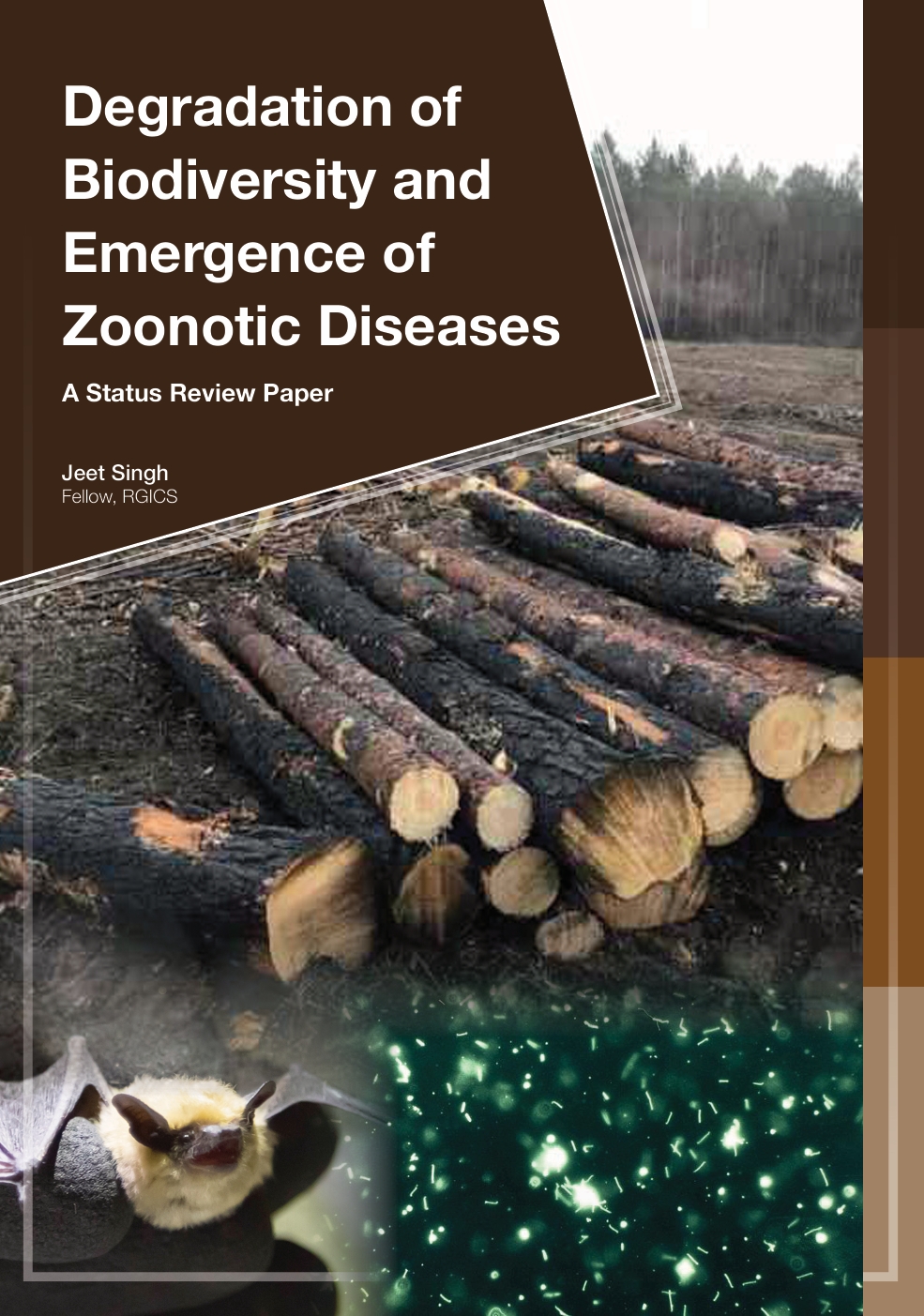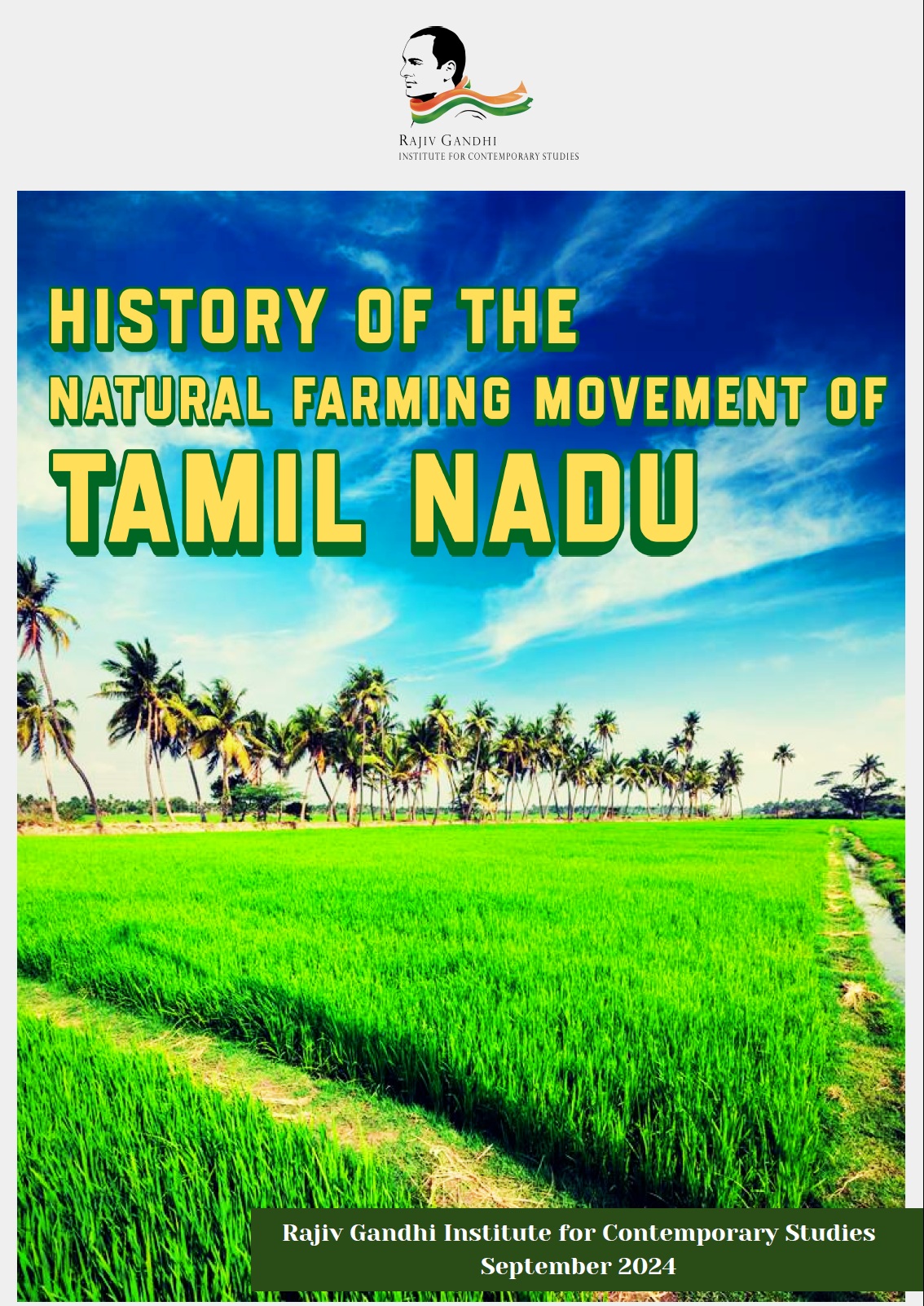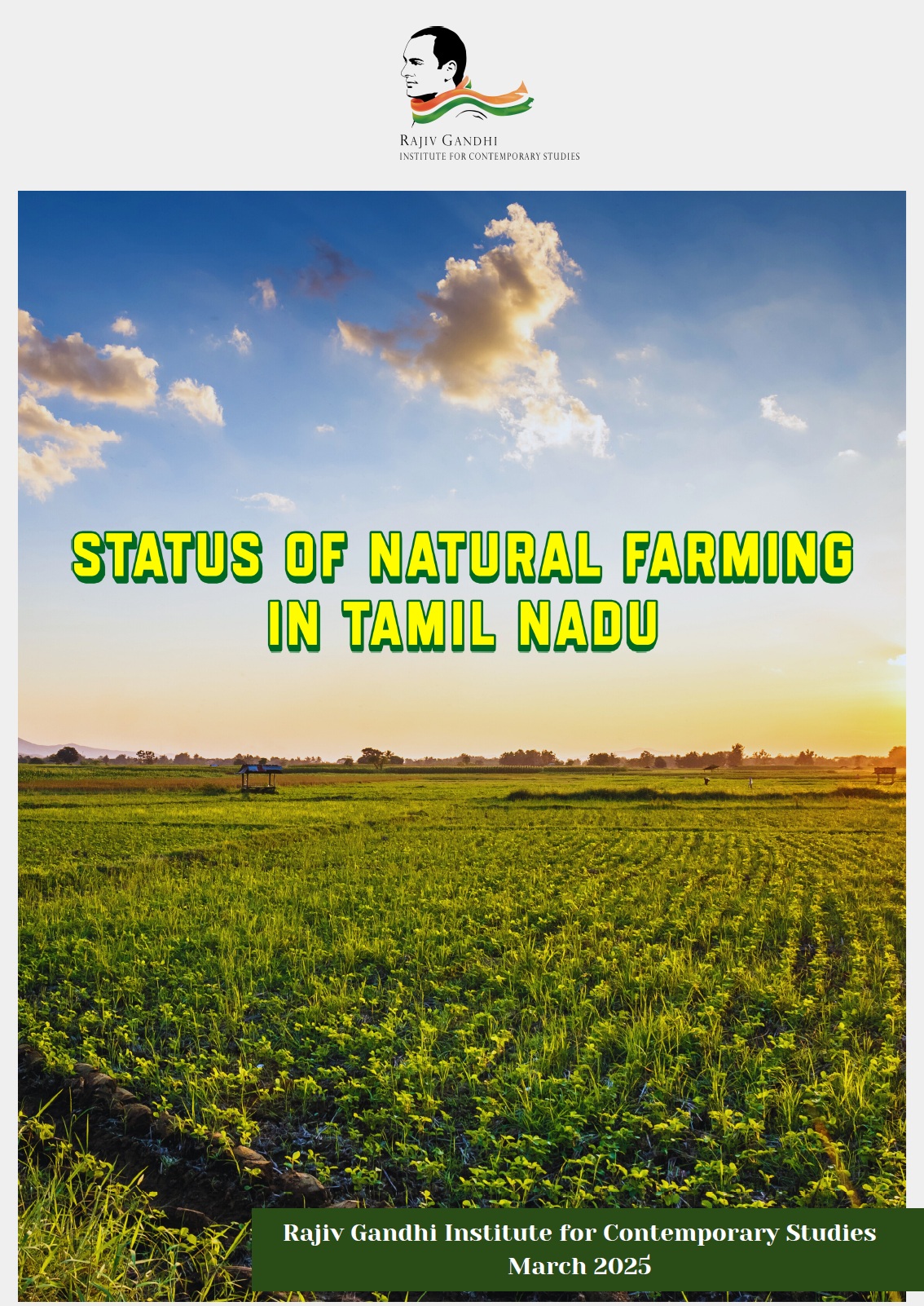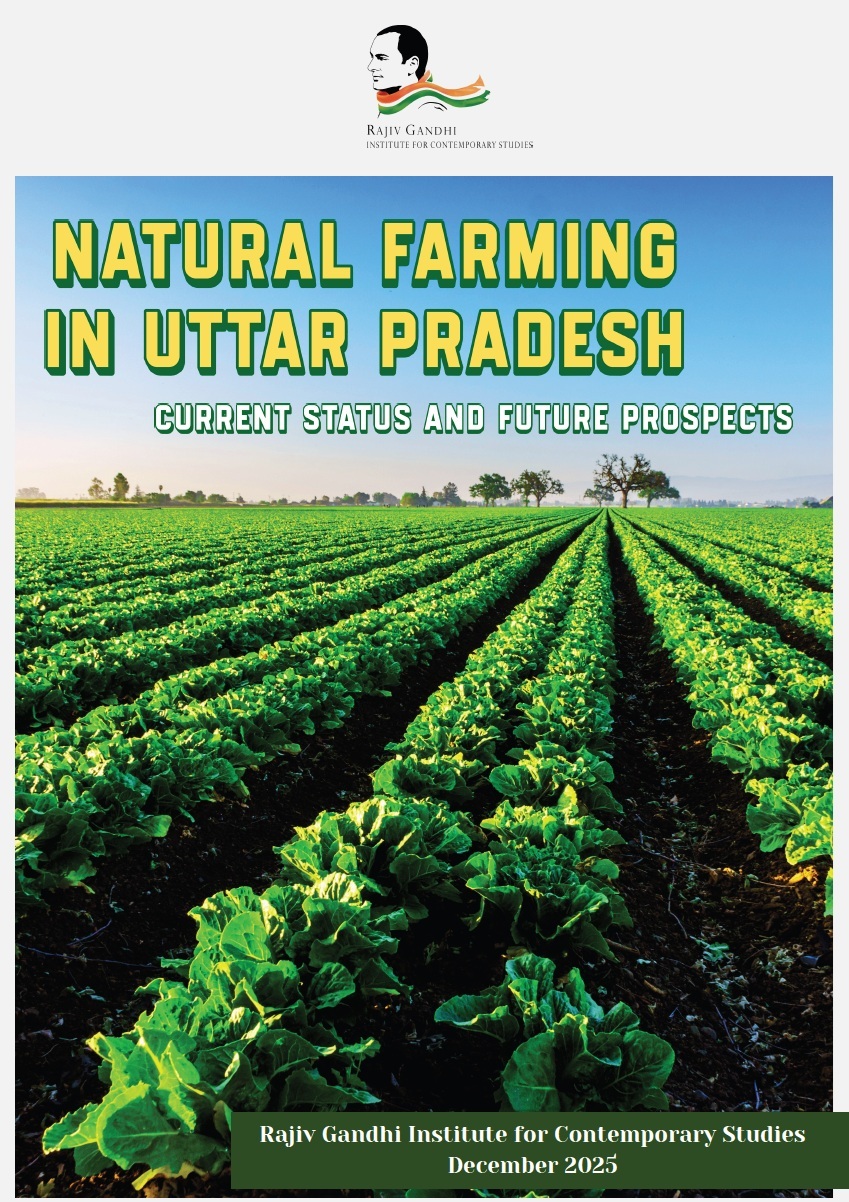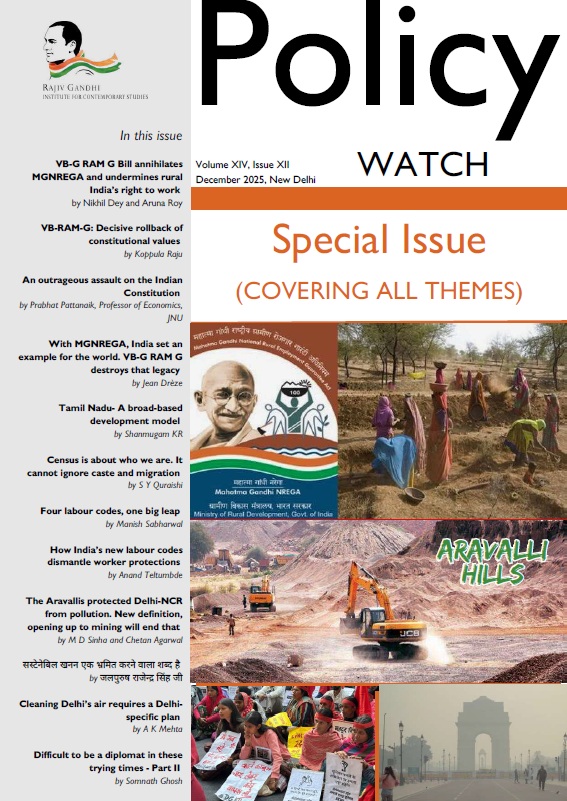The report makes one thing clear: the destruction of nature is fueling the rise of dangerous diseases. Around 60% of human infectious diseases originate in animals, and 75% of newly emerging ones—like COVID-19, Ebola, and SARS—jumped from wildlife to humans. Deforestation, urban sprawl, habitat destruction, and the wildlife trade are opening the door for more such outbreaks. The report stresses that places with rich biodiversity, especially in tropical regions like Africa, Latin America, and Asia, are at the highest risk. The solution? A One Health approach—where human, animal, and environmental health are tackled together.
Humans and animals have always shared diseases, but the problem has worsened dramatically in recent decades. As we clear forests, expand farms, and push into wild spaces, we’re forcing animals to move closer to us, bringing their viruses along. Scientists have found a clear pattern: the more we disrupt ecosystems, the more we expose ourselves to new infectious diseases.
The document also highlights how the way we produce food and use land plays a massive role. Industrial farming, deforestation for agriculture, and rapid urbanization are all making zoonotic outbreaks more frequent and severe.
India has taken some steps, like creating a Standing Committee on Zoonoses and an Inter-Sectoral Coordination Program to track and manage these diseases. But the report argues that focusing only on medical responses isn’t enough. We need stronger conservation policies, better regulation of wildlife trade, and smarter land-use strategies to prevent future pandemics before they start.
If we want to avoid another pandemic, we need to rethink our relationship with nature. Protecting biodiversity isn’t just about saving wildlife—it’s about protecting ourselves.
Keywords: Zoonoses, Biodiversity, Pathogens, Deforestation, Urbanization, Habitat Destruction, One Health, Epidemics, Emerging Diseases, Public Health
Degradation of Biodiversity and Emergence of Zoonotic Diseases - A Status Review Paper
Send download link to:

